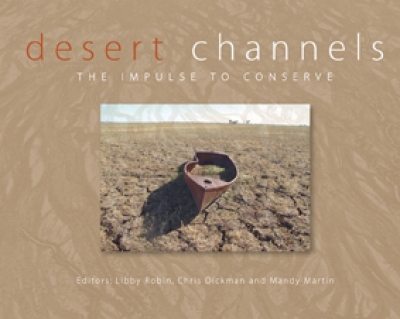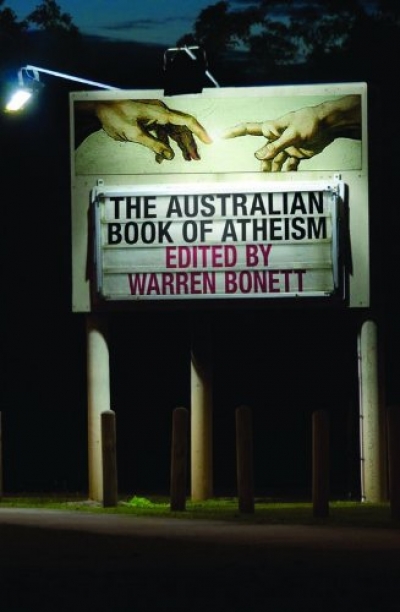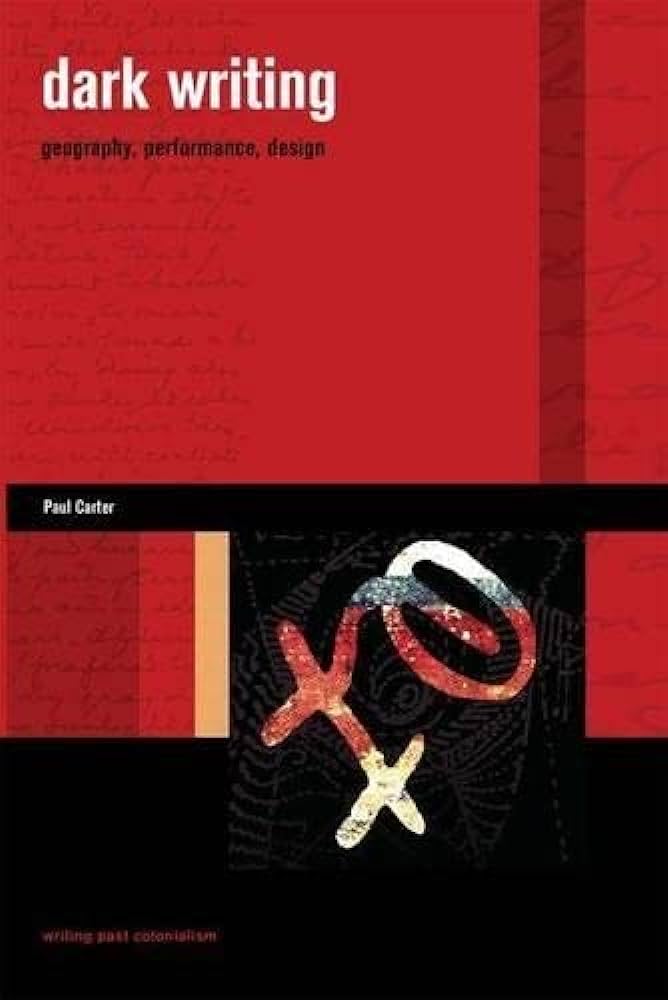Society
Delia Falconer’s Sydney, the third in a series from NewSouth in which leading Australian authors write about their hometowns, is like its harbour, brimful with tones, vivid with contemplation ...
... (read more)Creating Capabilities: The Human Development Approach by Martha C. Nussbaum
Martha Nussbaum has been attracting attention in the Australian press recently for her views on the importance of the humanities in university education. As the British government prepares to cut all public funding for the teaching of the humanities, social sciences, and much else besides, Nussbaum’s last book, Not for Profit: Why Democracy Needs the Humanities (2010), has been widely cited by those espousing the public benefit attached to the teaching of the humanities.
... (read more)Tim Flannery’s books are not known for their uplifting qualities. The Future Eaters (1994) and The Eternal Frontier (2001) both relate the rapid extermination of hapless (yet presumably delicious) megafauna by the human inhabitants of the Australian and North American land masses, while The Weather Makers (2005) grimly catalogues modern ...
If developments in relation to music and the Internet are any guide, writers and publishers will increasingly be addressing the opportunities for self-management on the Internet. For writers, there is a well-established path for sharing copyright works without charge. This is known as the Creative Commons, which publishes generic licences for use by authors in the exchange of copyright materials. These licences are intended to promote an orderly exchange of copyright works, without charge, but within the framework of copyright licensing. By using the Creative Commons licences, writers can facilitate the copyright usage of their work gratis, but in a way which protects legal rights. Blogs and other webpages are enabling self-publication for royalty-free purposes. There has never been a better opportunity for the exchange of ideas online.
... (read more)Desert Channels: The Impulse to Conserve by Libby Robin, Chris Dickman, and Mandy Martin
In recent months a significant part of Australia has been subject to deluge and flood. As the continent recharges its waterways and water tables, we are like an ant nest into which a curious child has thrust a hose – rushing about rescuing and shoring up, patching and rebuilding, behaving as if this upheaval is an aberration, and as if building towns and cities on flood plains is sensible.
... (read more)Plagiarism, like death, taxes, and hangovers, will always be with us. Tackling the problem historically, anthropologist Susan Blum demonstrates how this scourge has traditionally infested selective entry tests like fleas on rats. Her fascinating exposé of the ingenious techniques used to conceal plagiarism during the imperial Chinese court’s brain-bending entrance exams, for example, demonstrates that nothing has changed. Yet while Blum’s historical perspective prevents her from obsessively blaming ‘today’s youth’, she nevertheless acknowledges plagiarism’s increasing prevalence.
... (read more)Once mainly associated with shrill killjoys and desiccated reductionists, atheism has recently received a jolt of adrenaline from Christopher Hitchens, Richard Dawkins, and others. Yet while these writers delight in exposing religion’s philosophical deficiencies, their tone is predominantly negative. Fortunately, The Australian Book of Atheism goes beyond simply rehashing the New Atheists’ explanations of Why God Doesn’t Exist. Divided into ‘Overview’, ‘Personal’, ‘Education’, ‘Social and Cultural’, ‘Politics’, ‘Philosophy’, and ‘Religion and the Brain’, this collection offers a more nuanced picture of atheism than does the recent crop of celebrity-authored blockbusters.
... (read more)The Poor Relation: A History of Social Sciences in Australia by by Stuart Macintyre
During the lead-up to the last United States presidential election, I found myself waiting for a train at the Princeton railway station with nothing to read. I picked up a copy of the student newspaper. Much of it was standard Bush bashing, intermingled with unrealistic expectations of what Obama might achieve. But one sentence in an editorial caught my eye: ‘It is time to end amateur hour at the White House.’ One of the great failings of George W. Bush’s presidency was the neglect of expert advice on the complex issues that faced America during his two terms. Ideology, prejudice and vested interests trumped properly informed judgements based on good research.
... (read more)How effective is a voice of reason in a climate of fear? In his introduction to this book, Professor Ian Lowe, president of the Australian Conservation Foundation and Emeritus Professor of Science, Technology and Society at Griffith University says that he is ‘incorrigibly optimistic’ about the role of education in assisting us to make wise decisions about our future. Over the past twenty years, he has written twelve books, including A Big Fix: Radical solutions for Australia’s environmental crisis (2005) and Living in the Hothouse: How global warming affects Australia (2005), forty-five book chapters, more than thirty journal articles and six hundred columns for various publications. That work has been written for the general public, not just the scientific community.
... (read more)The design of this book is something of a mystery, not least because it presents as a critique of design, seeking to recuperate something that has been lost through ‘the graphic orthodoxies of cartography and architectural drawing’. This lost cultural component, the ‘dark writing’ of Carter’s title, is variously evoked as mythological, participatory, creative and recreative, as a body, a form of movement, a certain kind of substance.
... (read more)







